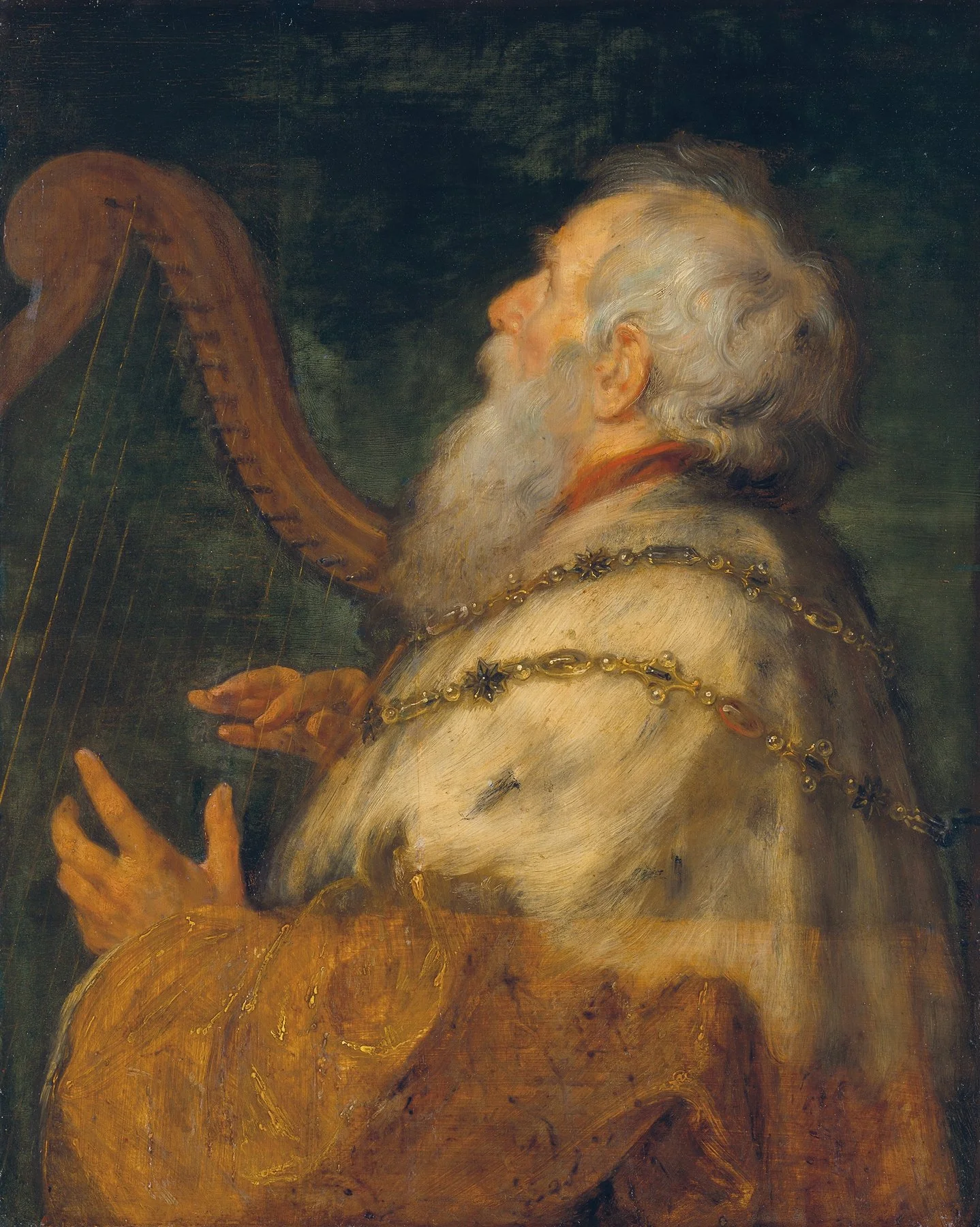Before the Crown, the Scroll
Discover the surprising first act of Israel’s royal leaders,
and what it teaches us today.
Imagine becoming the king of a nation. Your name would be etched in history, your voice resonating across the land.
Now imagine your first duties did not include building a palace.
Not forming a military.
Not delivering a speech.
Your first duty was to write by hand, word for word, the entire law of God. Such was the command of the kings of Israel, and we have much to learn through this command.
We Want A King.
God never wanted Israel to have a king. His original design for Israel was that He Himself would be their King. Israel would be a nation set apart, governed by His law, led by His presence, and shepherded by judges or prophets who spoke on His behalf.
This goes all the way back to Exodus 19:5–6, where God says:
“Now if you obey me fully and keep my covenant, then out of all nations you will be my treasured possession… You will be for me a kingdom of priests and a holy nation.”
He called Israel to be a kingdom of priests, not kings. He was their King and wanted to remain so.
But Moses understood that the people would not be satisfied with God as their King. He recognized that they would eventually demand a king, as they did in 1 Samuel 8. Although it wasn’t His original intention, God permitted it and even provided guidelines to Moses regarding kingship in Deuteronomy 17:14–20. He knew they would ask for a king and instructed Moses to inform the people how the king should govern.
Write the Law.
In Deuteronomy 17:18–20, we read one of the commands God lays out for Israel’s future kings.
“When he sits on the throne of his kingdom, he must write for himself on a scroll a copy of this law… It is to remain with him, and he is to read it all the days of his life so that he may learn to revere the Lord his God…”
Writing the law of Moses, most likely the book of Deuteronomy, was meant to be the foundation of their leadership. God didn’t call for them to study politics. He didn’t demand that these kings have charisma or political alliances with foreign countries. He commanded that they knew the Word of God, that they write and read it all the days of their lives.
Writing the Scriptures slowed them down.
Reading it daily kept their hearts in check.
The command was to remind them who the real King was.
King David Playing The Harp. (ca 1616) by Peter Paul Rubens.
Did the Kings Obey the Law?
Here’s the heartbreaking part: As far as Scripture records, the kings of Israel did not write or read the law.
Not Saul.
Not David.
Not Solomon.
Not even the kings who “did what was right in the eyes of the Lord.”
What we see from Israel’s kings is a constant cycle of pride, idolatry, forgetting God’s ways, oppression, corruption, and rebellion. The scrolls of Samuel, Kings, and Chronicles keep a record of Israel’s kings and the way they ruled. We see that without the Words of God anchoring their hearts, even good kings strayed.
Josiah’s Reforms.
There was ONE king who remembered the law.
JOSIAH.
In 2 Kings 22, Josiah became king of Judah at just eight years old. He reigned for thirty-one years, living in obedience to the Lord and walking in the ways of his ancestor David. (Verse 2)
In the eighteenth year of his reign, Josiah sent his secretary, Shaphan, to the temple with instructions to give the high priest Hilkiah the funds collected from the people to repair the temple. While overseeing the work, Hilkiah, the priest, discovered the Book of the Law in the temple and gave it to Shaphan, who read it and then brought it to the king—marking a pivotal moment in Josiah’s reign and in Judah’s spiritual history.
Scripture doesn’t tell us whether or not Josiah wrote the scroll. It does tell us (2 Kings 22:10) that when Shaphan read the scroll to the king, Josiah tore his robes in grief, and after just one hearing of the words of God, Josiah led a national repentance, destroyed idols and brought back covenant worship. (1 King 23)
“Before him there was no king like him, who turned to the Lord with all his heart… according to all the Law of Moses.” (2 Kings 23:25)
He may not have written it, but he let the Word write on him, and for a brief period of time, the nation of Israel turned back to God.
From Moses to Josiah to Us.
We may not wear crowns, but we are called to reign with Christ (Revelation 1:6). And just like the kings of Israel, we’ve been given an invitation:
To write His Word.
To carry it with us.
To let it shape our hearts and guard our steps.
The real tragedy of Israel’s kings wasn’t just that they neglected to write the scroll, but that they lived as if God’s words weren’t worth remembering. Can you imagine being so far removed from God that His Word becomes lost to time, buried in a forgotten room of the Temple, collecting dust? The words Moses handed down, once central to Israel’s identity, lie hidden and untouched.
And yet, I see echoes of this today. I meet people all the time who call themselves Christians yet have never read the Bible. Much of what they believe to be Scripture turns out to be cultural sayings passed down as truth. For example, the often-quoted phrase “The Bible says everything in moderation” is not Scriptural. That phrase isn’t from Paul or Proverbs; instead, it is a paraphrase of Greek philosophy, most often attributed to Aristotle. While the Bible teaches self-control and wisdom, it never states that all things are fine in moderation.
So what if we recalibrate our lives?
What if we returned to the ancient rhythm God gave His kings?
This is not a legalistic or burdensome law but a daily invitation to abide.
Perhaps if we truly followed what God commanded the kings, our lives would begin to reflect our Rabbi more clearly. We might lead with greater compassion, wisdom, clarity, and grace—living and leading with Jesus, not ego or fear, at the helm.
Inscribe the Word encourages us to do exactly what The Lord commanded the kings of Israel. This spiritual discipline is a way to:
1. Write a copy of the Scripture.
2. Keep it with you.
3. Read it all day long.
4. Learn to revere the Lord your God.



